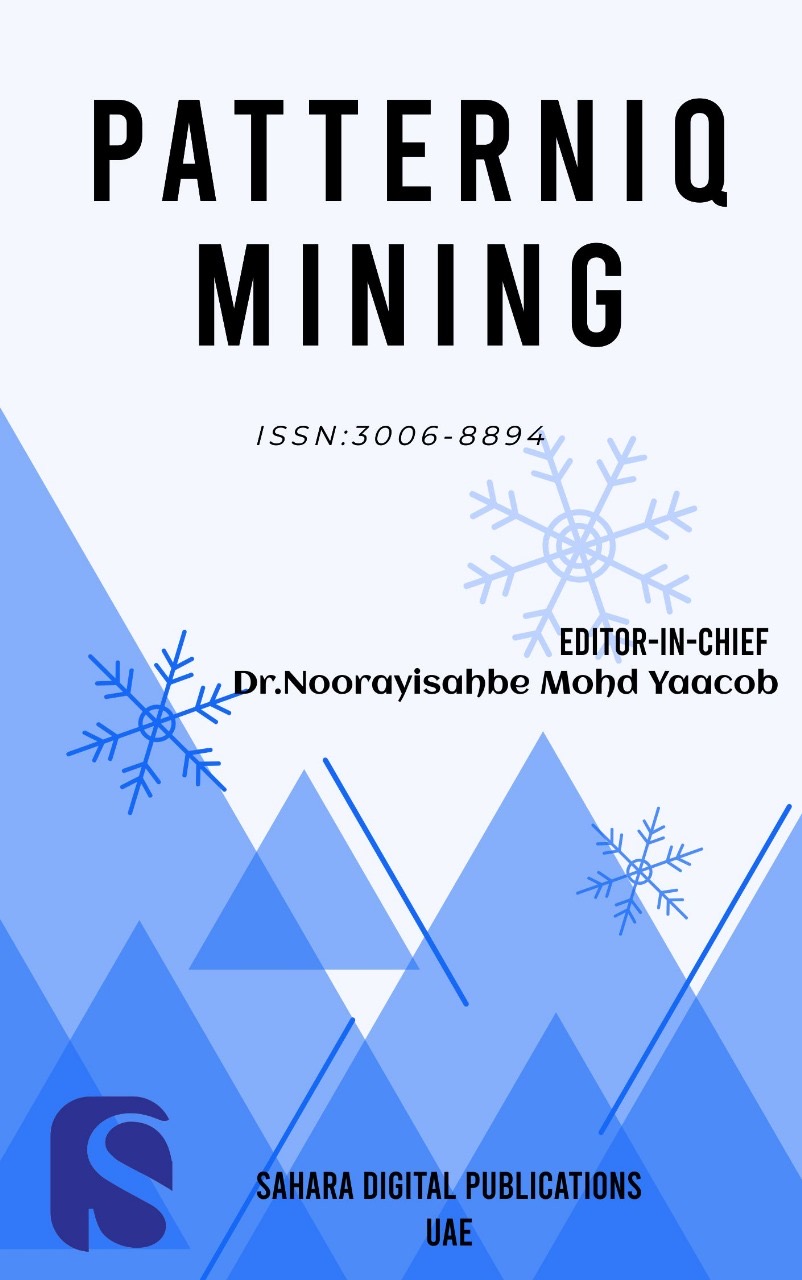Title:Cluster-Based Traffic Management for Optimizing Urban Congestion Using Unsupervised Learning on Real-Time Data Streams

PatternIQ Mining
© by piqm - Sahara Digital Publications
ISSN: 3006-8894
Volume 02, Issue 01
Year of Publication : 2025
Page: [59 - 71]
Authors :
Moath Alshorman and Saif taleb
Address :
Department of Computer Engineering, Hijjawi Faculty for Engineering Technology, Yarmouk university, Irbid, Jordan
school of Information science and computing, Donetsk National Technical University, Lviv region, 82111, Ukraine
Abstract :
Congestion, defined as delays and bottlenecks in traffic due to an excess of vehicles on the road and inadequate infrastructure, is an increasingly pressing issue in today's cities around the globe. Congestion in urban areas is still a significant problem that severely affects people's lives, the environment, and economic output. The current traffic management methods frequently depend on predetermined criteria, and the datasets available are insufficient to deal with complicated and ever-changing traffic situations as they occur in real time. To tackle this issue, this paper proposes CBTMULT, a cluster-based traffic management (CBTM) approach using unsupervised learning techniques (ULT) on real-time data streams from IoT-enabled sensors and traffic monitoring systems. CBTMULT aims to improve traffic flow in metropolitan areas by optimizing congestion management systems and dynamically segmenting traffic patterns. To classify comparable traffic situations according to vehicle density, velocity, and flow rates, the CBTMULT technique employs K-means clustering algorithms. To optimize signal timings, adaptive traffic signal control uses clusters of detected anomalies to guide its decisions. The results show that, on average, vehicle flow rates are 25% higher and that the amount of time vehicles spend in congestion is 25% shorter on simulated urban road networks. The system also outperformed conventional rule-based approaches regarding reaction time to unusual occurrences, which was 30% faster. CBTMULT framework for cluster-based traffic management offers a data-driven, scalable answer to the problem of optimizing urban congestion in real-time, making way for better, more sustainable traffic systems.
Keywords :
Urban Congestion, Traffic Management, Unsupervised Learning, Real-Time Data Streams, K-means Clustering Algorithms, Adaptive Signal Control, IoT-Enabled Traffic Systems.
DOI :
https://doi.org/10.70023/sahd/250206
